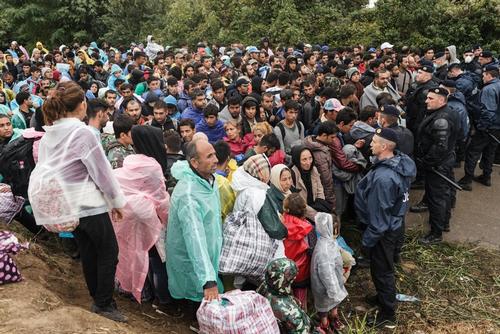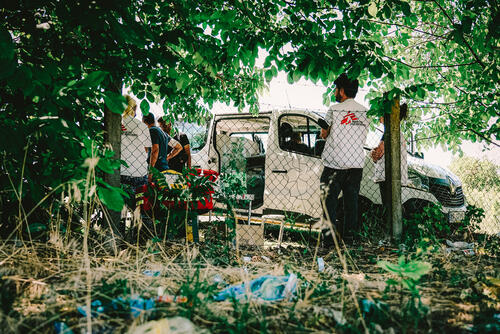Today, Serbia remains a country of transit. Some migrants and asylum seekers reside temporarily in urban settings across the country while others are staying in informal settlements, sleeping in tents in abandoned factories or fields close to the border with Hungary, Romania and Croatia.
Our teams provide medical assistance and health promotion activities as well as distribution of non-food items to asylum seekers and migrants in northern Serbia, at the border with Hungary and Romania.
As people attempt to cross the borders, many sustain injuries from falling off the fence or because they are beaten with batons or sticks by the border forces, as well as irritations from tear gas and pepper spray. We assist people stranded in appalling conditions and carry out medical consultations for violence-related trauma to document violence and to bear witness of such concerning practices.
Our activities in 2023 in Serbia
Data and information from the International Activity Report 2023.
23
23
€0.9 M
0.9M
1991
1991
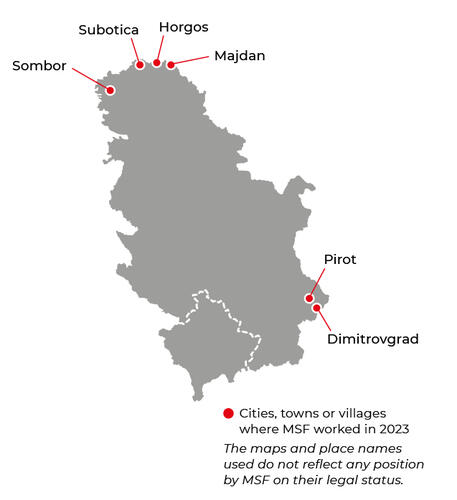

19,700
19,7
320
32
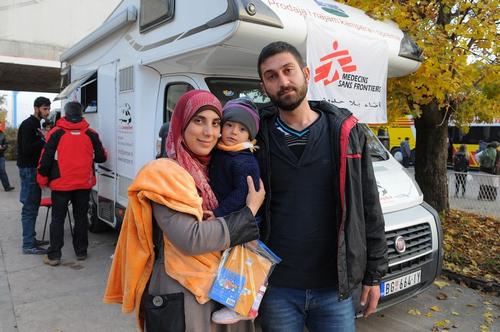
Hundreds stranded without aid as new border control measures come into force
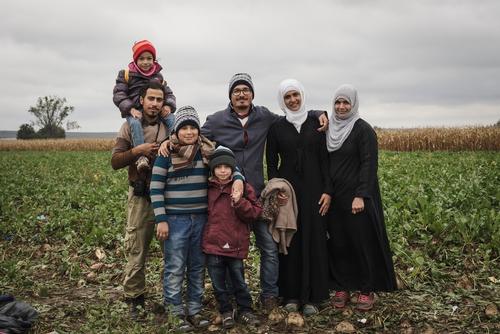
In European Fields
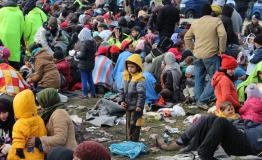
People in transit in urgent need of assistance

Up to 3,000 people stranded at the border between Serbia and Croatia without shelter

Testimonies from Syrian refugees at the border between Croatia and Serbia
